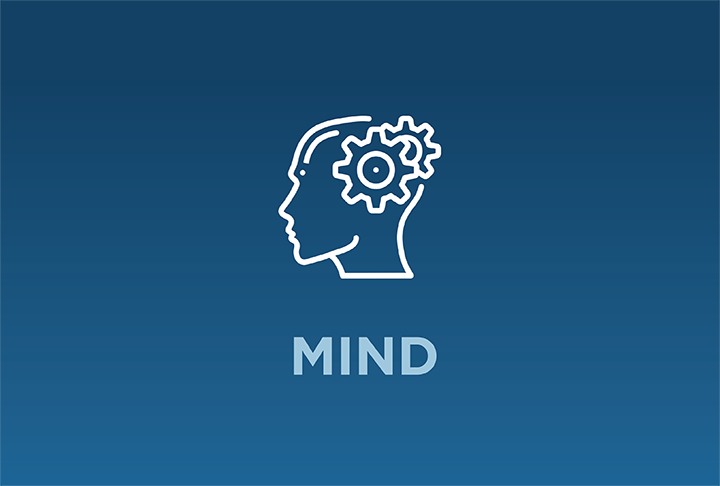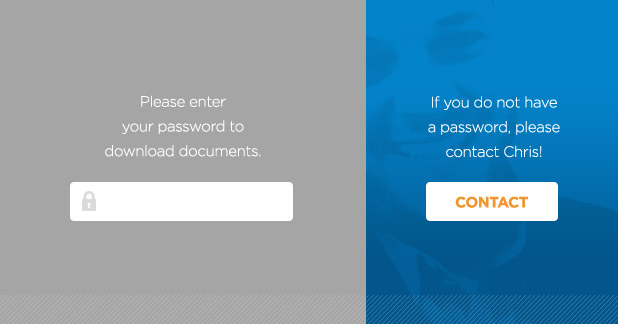Why Mid-Sized Businesses Need Enterprise-Wide Maturity
“What got us here won’t get us there.” It’s more than a cliché – it’s the quiet warning signal echoing through the halls of successful, growing mid-sized companies everywhere.
These are organizations with 10, 25, even 75 years of proud history. They’ve weathered market cycles, built loyal teams, and found success through grit, guts, and good instincts. But now, something’s off. Growth has slowed. Teams feel misaligned. Decisions take longer. Innovation seems stalled. The very muscles that built the company are now maxed out.
These are “ambitiously agitated businesses” that are hitting the transformation wall. They are on the cusp of their next stage but stuck in a familiar trap: the belief that it will just naturally work itself out.
The Silent Stall: When Success Breeds Stagnation
In a 2023 Bain & Company study, 63% of mid-cap companies that reported flat growth over five years had “no formal strategy for scaling beyond their founding model. ” These weren’t startups. These were legacy-rich firms. Their common denominator? They had outgrown their old ways but failed to build new ones.
Scaling-up isn’t just about doing more. And, it’s NOT about being different. Why would you abandon the successful lessons that got you here? Rather, scaling up requires a better version of what you’re already doing right and some new things, too.
Here’s the truth most leaders don’t say out loud: the systems, people, decision-making styles, and cultural codes that “worked” at $20M in revenue are now liabilities at $80M. The game has changed. But the players are still running the same plays.
Case Study: The $150M Plateau
One client, a 60-year-old family-owned services company, had grown steadily to $150M in annual revenue. But then the curve flattened. Margins narrowed. Department silos emerged. Leaders became fire-fighters. When we arrived, they told us: “We’ve hit a wall, but we don’t know what the wall is.”
The wall was the organization itself. It had never been designed to scale. Teams were built on legacy loyalty, not capability. Information flow was informal. Decision-making rested in too few hands. And leadership was solving 2025 problems with a 2005 mindset.
After an 18-month enterprise transformation led by our team, the company restructured around performance clarity, installed cross-functional teaming disciplines, overhauled talent development systems, and redefined how strategy cascaded throughout the org. Within two years:
- Annual revenue jumped from $150M to $205M
- EBITDA rose by 21%
- Internal promotion rates increased by 47%
The takeaway: scaling wasn’t a financial strategy. It was a people and systems strategy.
The Myth of Organic Growth at Scale
In the early days of a company, growth is often powered by instinct and improvisation. But at scale, those traits turn into traps.
According to a Boston Consulting Group meta-analysis of 1,100 mid-cap firms, companies that failed to install enterprise-wide growth systems during their scaling phase were “4.5x more likely to shrink or be acquired at a discount within 7 years.”
What’s worse: most of them didn’t see the decline coming. Because stagnation at scale isn’t loud, it’s slow, subtle, and self-justified by past success.
The Truth About Growing Pains
Your mid-sized company has transformed before, and if you look back, your biggest growth leaps didn’t come from minor tweaks – they came from changes in how the business operated as a whole.
But back then, the business was small enough that change could be absorbed informally. Today, you’re too complex, too exposed, and with too much at stake to rely on accidental and informal transformation.
This is why scaling up now demands a seasoned quarterback’s touch – one that realigns the entire enterprise around modern capabilities, mature systems, and future-ready leadership.
Scaling Up Is a System, Not a Sprint
At Flickinger Performance Group, we scale up business. Not only do we design it, but we then execute and deliver it. We focus on the enterprise, not just a single executive. Our method is holistic and battle tested. We’ve helped dozens of organizations face their next stage of growth.
If you’re feeling a stall, you’re probably not imagining it. If your best people are stuck in cycles of reactivity or comfort, the problem isn’t just them – it’s the operating system of your business.
Here is the final word: scaling up is not just about growing revenue and profit. It’s about growing up as a company.
Organizations that fail to transform internally won’t just plateau – they’ll decay. Unfortunately, the longer a business delays its transformation, the more costly and painful it becomes, especially for businesses that are now way too big to “wing it.”














0 Comments